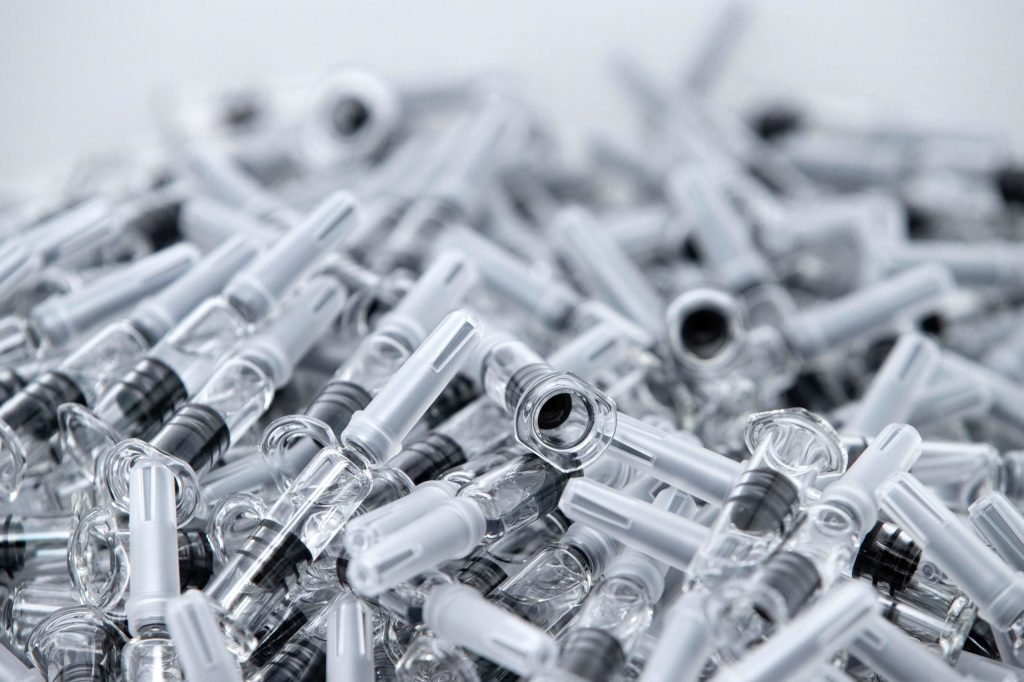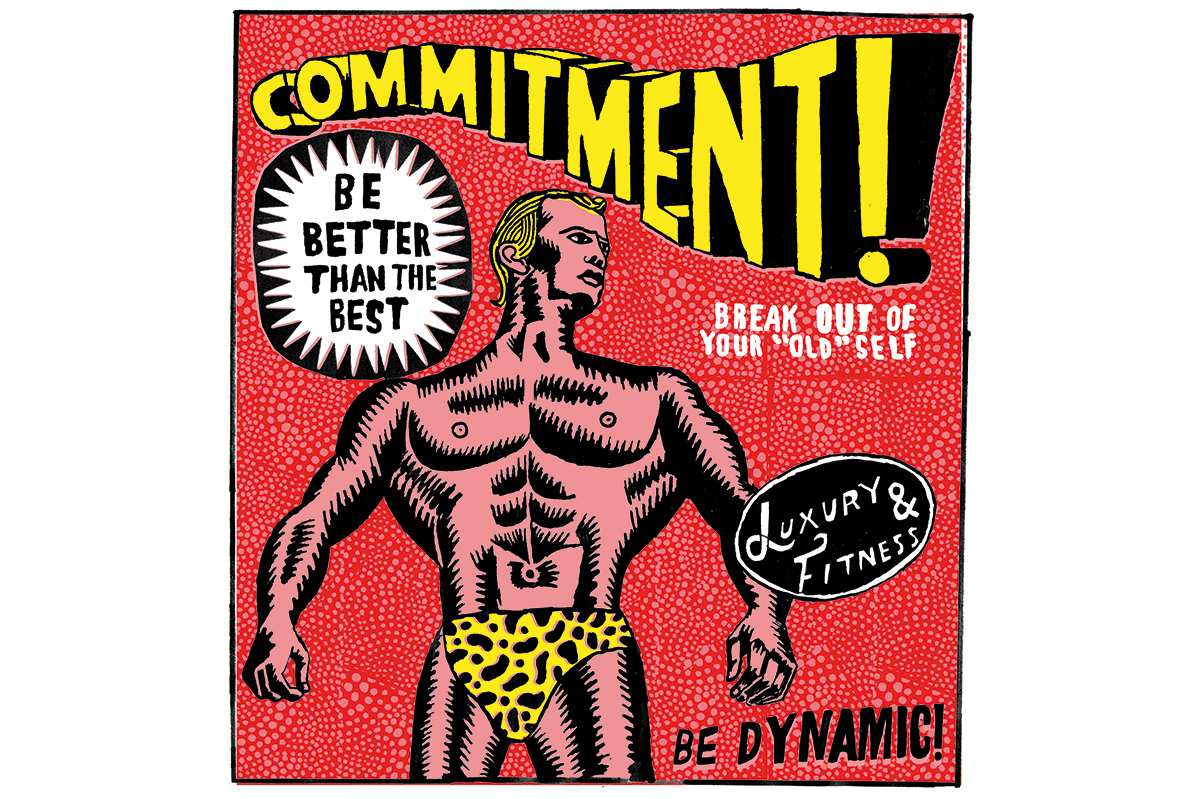Was the Oxford vaccine trial paused? Mine wasn’t. I signed up for it last week, in the 55 to 69-year-old category, and I was told on Friday that I should continue posting my swabs and attending follow-up appointments.
My friends were keen to tell me I was ‘utterly mad’ to join a trial. But I believe in vaccines. So do most anti-vaxxers, incidentally. It would be a rare adult who hadn’t benefited from childhood inoculations against polio, diphtheria, tetanus and whooping cough. My parents, who were raised in the 1930s, didn’t just believe in vaccines they rejoiced in them. When they were little it was all too common for a family to lose a child en route to adulthood. Two of my mother’s brothers died of diseases which are now preventable. During the 1960s, my siblings and I succumbed to mumps, tonsillitis, measles, (and its variant, German measles), before vaccines had been developed. And I’m sure my parents were grateful that these gruesome ailments were unlikely to kill us.
Disease was rife back then. Between the ages of five and 12, I spent about two weeks a year in bed with some horrible thing or other. I wasn’t a sickly child. I was average. There was no treatment and no real diagnosis. Your parents recognized the symptoms and packed you off to bed for a week until the aches, spots, cramps, or whatever else began to fade. And caring for sick children was big business. The sports drink Lucozade was marketed as a medicinal supplement. ‘Lucozade Aids Recovery.’ My mother shunned it and I’ve never touched the stuff. For people of my age it suggests disease, not health.
I’m a fan of medical trials too. In my twenties I took part in two or three a year to boost my income. The risks are tiny and the money is great. This time I volunteered. I went through a 15-minute pre-screening by telephone and answered ‘no’ to a medley of questions about diabetes, allergies, cancer, smoking and drug-use. Did I have problems with my heart, lungs, liver or kidneys? Was I taking blood-thinning agents? Did I pop pills for other diseases? Had I ever had major surgery? I scraped through the exam and was given an appointment at a London hospital. There, all the questions I’d answered over the phone were put to me again. Then I was invited to step next door for a blood-test. It’s a curious business being ushered into a spic-and-span hospital room when you’re perfectly well. None of the equipment can possibly help you, so it all takes on a sinister aspect. One recalls that healthy citizens in unhealthy societies get frogmarched into suites like this for the purposes of torture.
Before the nurse took my blood, she asked me to watch a video explaining the process. I would be part of the second wave of volunteers testing the ChAdOx1 vaccine. To control the experiment, half the volunteers would be given a safe injection, MenACWY, which protects teenagers from meningitis. There were a number of risks. The ‘injection site’ might cause me pain, swelling or itchiness. I could experience joint aches, nausea or tiredness. These side-effects were normally mild but they might become severe.
I was warned not to imagine that the jab would defend me against the virus. It could even lower my body’s resistance. This fear was based on the ordeal of a mouse that was tested for a MERS vaccine a few years back. The poor little rodent was given the experimental formula but instead of receiving a boost to its immune system it went down with a very bad cough. Whether it died or not I wasn’t told, but the medics were sufficiently concerned by the mouse’s illness to include it in the briefing given to human volunteers for the COVID trial.
There was one last risk to consider — ‘severe anaphylactic nervous reaction which can be fatal’. Well, we’ve all got to go some time. I signed the forms and they jacked me up with the serum.
***
Get a digital subscription to The Spectator.
Try a month free, then just $3.99 a month
***
Then I remembered something — the superbug. If I didn’t get that as well, the experiment would be pointless. Perhaps the nurses were going to cough on me as I left. ‘It would be unethical to give you a disease,’ I was told. The hope is that I’ll come into contact with COVID in the normal run of things and this exposure will inform the medics’ deductions about my swabs. After receiving the jab, I sat on the bed reading for 20 minutes. Then the nurse checked that I hadn’t died and told me I could leave.
Since then, nothing. No side-effects at all. My vaccine pinprick vanished within hours. I now feel like an expert in the pandemic. I’m not really, of course. All I’ve learned is to mistrust claims that the magic formula will be found by Christmas or Easter or even next summer. My schedule of swabs continues until September 2021. It seems inconceivable that anyone would accept a vaccine whose human trials are ongoing.
Update: I’ve just put ChAdOx1 into Google and learned that it stands for ‘chimpanzee adenovirus vectored vaccine developed by Oxford University’. I don’t remember the word ‘chimpanzee’ being used during my briefing. Not once.
This article was originally published on The Spectator’s UK website.

























